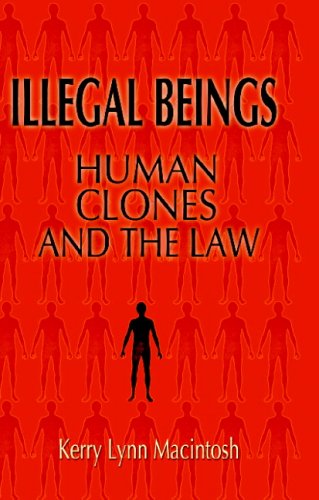
Many people think human reproductive cloning should be a crime. In America some states have already outlawed cloning and Congress is working to enact a national ban. Meanwhile, scientific research continues, both in America and abroad and soon reproductive cloning may become possible. If that happens, cloning cannot be stopped.
Infertile couples and others will choose to have babies through cloning, even if they have to break the law. This book explains that the most common objections to cloning are false or exaggerated. The objections reflect and inspire unjustified stereotypes about human clones and anti-cloning laws reinforce these stereotypes and stigmatize human clones as subhuman and unworthy of existence.
This injures not only human clones, but also the egalitarianism upon which our society is based. Applying the same reasoning used to invalidate racial segregation, this book argues that anti-cloning laws violate the equal protection guarantee and are unconstitutional.